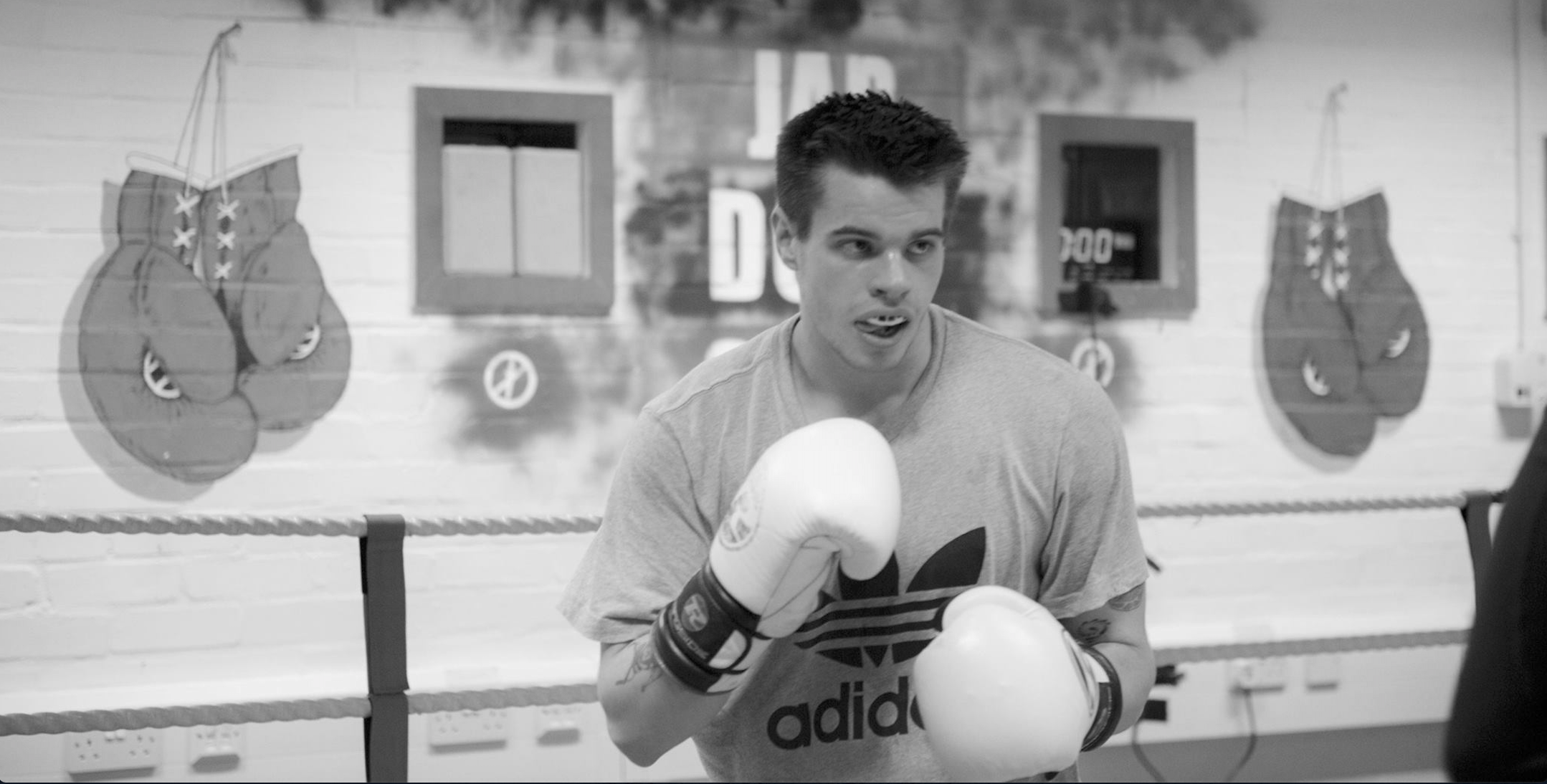Kill Your Hard Spars
Open Sparring, 2015. Photo credit: Josh Rumbold
Too Much Open Sparring
From my experience boxing at a domestic level in England, technical and conditioning sparring is often neglected for the much more ‘character building’ and ‘realistic’ open sparring.
It is the coach’s responsibility to run sessions that will equip boxers with psychological strength and an arsenal of defences, attacks and so on, to give their boxers enough confidence in themselves to want to showcase their skills. You cannot achieve this solely through open sparring, especially if the boxers are novice or intermediate. This is because boxers do not have the space or time to practise a new skill under this much pressure - they are trying to survive using the little skill they have acquired.
Technical Sparring
Boxers, from novice to elite level, should prioritise technical sparring. 80% of their sparring should consist of technical sparring mainly at the start of the camp, building up to more frequent open sparring closer to the fight to solidify skill learnt and to allow the boxer to become accustomed to the real speed and power of a bout.
Technical sparring is the fastest, safest way for boxers to learn new skill.
Coaching for Skill
In the novice and intermediate phases, the boxer who is the most aggressive or strongest is going to come out on top most of the time in open spars. This doesn’t mean the strongest in the room is the best at boxing. Doing this continually, a coach creates a one dimensional, come forward fighter where their confidence runs on being able to out-gun their opponent rather than on skill. That’s fine if your boxer can out-gun their opposition in the bout, but what if they can’t out-skill them? How will their confidence in your coaching be after that? Meanwhile, their weaker sparring partners are dreading sparring more and more every week. They are becoming more submissive, less confident in their ability, and closer and closer to quitting boxing as every one of these disheartening sessions occurs. How can we better prepare our athletes?
Teach a variety of different skill sets. Especially novice and intermediates fighters should be taught many different techniques and variations of shots and drills so they can experiment with what suits them best. It’s worth noting elite fighters will have homed in on their style they have acquired over years of hard work and experience so this will not apply to them as much unless they are switching up styles or adding to their arsenal for a specific opponent. A good coach will be looking out for strengths and weaknesses.
All boxers are different in terms of skill that they like to use and styles that they will feel comfortable in competing in. Technical sparring allows boxers the times and space to confidently unlock their potential.

